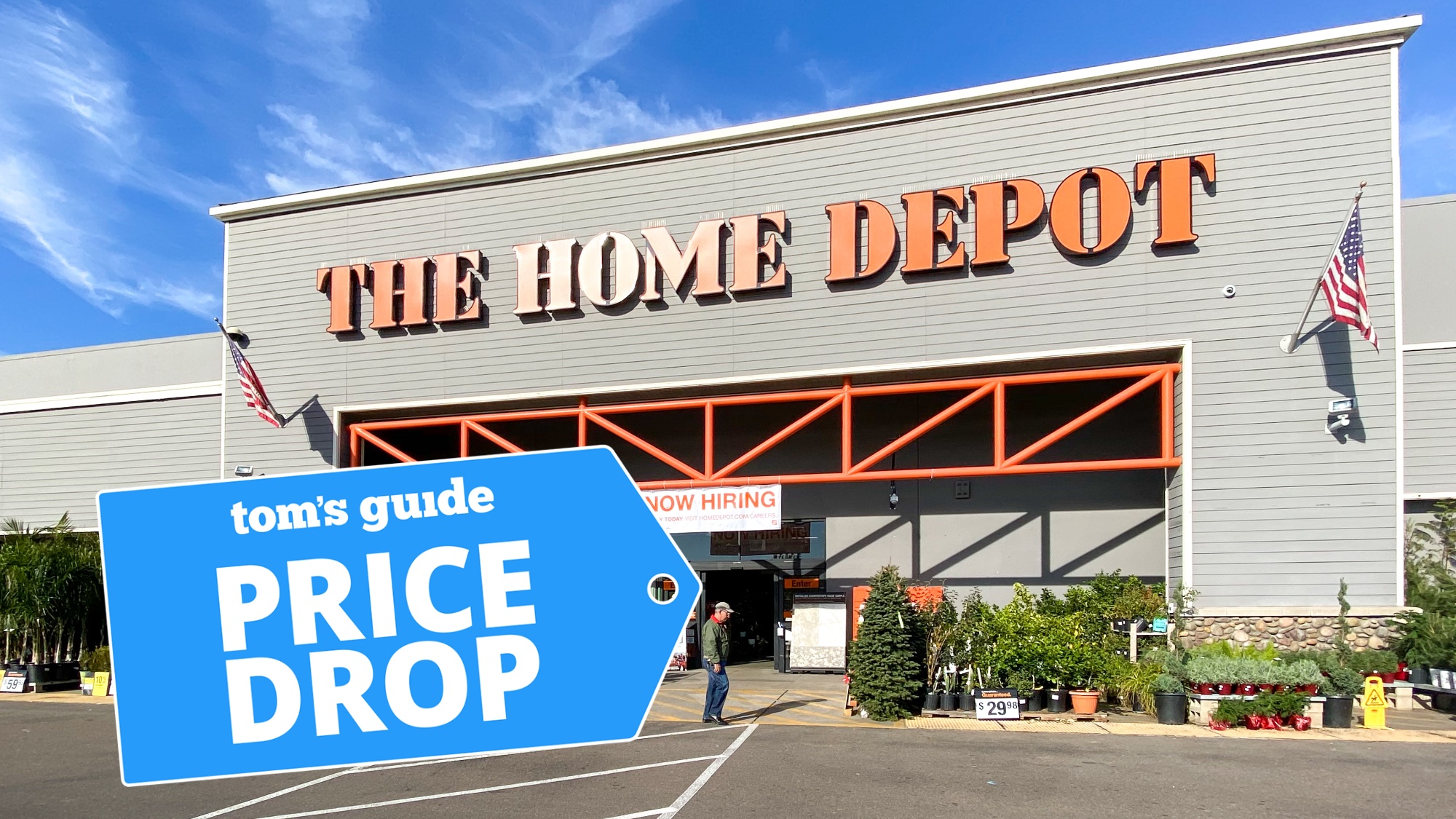Definition, Use Cases, and Best Providers

Proxies act as intermediaries between your device and the internet, routing your web traffic through an alternate IP address to mask your real identity and location. This process enhances online anonymity and bypasses geographic restrictions. Among the different types of proxies, Residential proxies are one of the most commonly used for various tasks.
Unlike other proxy types, Residential proxies leverage IP addresses associated with real devices such as home computers or smartphones. Whether you’re a marketer conducting competitive research, an IT professional needing secure browsing, or a business seeking to scale data-gathering efforts, Residential proxies can be the key to unlocking a more efficient and secure internet experience.
In this article, you’ll explore the world of Residential proxies, including what they are, their diverse use cases, and the top providers in the industry.
Understanding Residential Proxies
Residential proxies are tools that let you browse the internet using someone else’s real home internet connection. They’re like wearing a disguise online to keep your activity private and unnoticed. Instead of showing your own device and location, they use an IP address linked to a regular household. This makes it look like you’re browsing from a normal home, not a business or data center.
Residential proxies work by routing your internet activity through a real device, like a computer or smartphone, that is connected to a residential internet network. This means that when you access a website using a Residential proxy, it sees the IP address of a regular home internet connection rather than your actual location or device. The proxy acts like a middleman, fetching the information you need from the internet and sending it back to you while masking your identity. This process helps you stay anonymous online, access websites that block certain locations, avoid being flagged as suspicious or collect information from sites without being noticed.
Key Use Cases for Residential Proxies
Below are some of the most common and impactful use cases for Residential proxies. These use cases show how useful residential proxies can be, especially for people and businesses looking for safer, faster, and broader access to online content.
- Web Scraping and Data Collection: Residential proxies are widely used for web scraping. Web scraping is like collecting information from a website, just as you would manually copy and paste details from a page. The difference is that web scraping uses proxies to do it automatically, saving you time and effort. For example, instead of checking prices for hundreds of items one by one on an e-commerce site, web scraping can gather all that data at once without being blocked. While web scraping is a powerful tool for gathering information efficiently, it must always be done ethically and in strict adherence to the website’s Terms of Service (TOS). Many websites have clear rules about what kind of data can be accessed and how it can be used. Violating these terms can lead to legal action.
- Ad Verification: Marketers and businesses use Residential proxies to verify that online ads are displayed correctly across different locations. For example, a proxy with a local IP address allows a company to view their ads as if they were a regular user in that region. This helps verify ad placement, appearance, and targeting while preventing detection.
- Accessing Geo-Restricted Content: Residential proxies allow users to bypass geographic restrictions on content. This is useful for streaming, accessing games and servers restricted to specific regions, accessing local market data, or testing website performance in various regions.
- E-commerce and Sneaker Bots: In e-commerce, Residential proxies are essential for managing multiple accounts and automating purchases, particularly for limited-edition products like sneakers. They help users avoid detection and IP bans while increasing their chances of securing in-demand items.
- Social Media Management: For social media managers handling multiple accounts, residential proxies provide unique IP addresses that prevent social media platforms from flagging or banning accounts. This is crucial for managing campaigns, engaging audiences, and automating tasks.
- Cybersecurity and Fraud Prevention: Residential proxies can assist businesses in monitoring and identifying potential cybersecurity threats or fraud. By mimicking real user traffic, proxies help test vulnerabilities in systems and safeguard sensitive data.
Key Factors to Consider When Choosing Residential Proxy Providers
When selecting a Residential proxy provider, the following key factors should be considered to ensure you choose one that meets your needs in terms of performance, cost, and reliability:
Speed and Performance
One of the most important aspects to evaluate when choosing a Residential proxy provider is the speed (including upload and download speed) of their proxies. You want a provider that offers fast, reliable connections with low latency to ensure smooth browsing, data scraping, or any other online activities you’re using the proxies for.
Slow proxies can result in delayed data collection or poor user experiences. Look for providers that offer high-speed proxies with low latency, as well as the ability to handle high volumes of requests without throttling or downtime.
Geographic Coverage
The geographical location of the proxy pool is another key factor. If your use case involves accessing region-specific content or data, ensure the provider has proxies in the locations you need. A large and diverse pool of IP addresses from various regions allows you to perform tasks like bypassing geo-restrictions or performing market research across different countries.
The best providers offer global coverage, including hard-to-reach regions, which provides flexibility for a variety of use cases, from SEO monitoring to ad verification.
Pricing and Scalability
Pricing is an essential consideration, especially for businesses or individuals who require proxies for large-scale operations. Compare the pricing models of different providers to ensure you get the best value for your budget. Some providers charge based on the number of proxies, the amount of bandwidth used, or a monthly subscription model, so choose one that aligns with your usage patterns.
Scalability ensures the provider can accommodate growth in your proxy needs. Whether you require a few IP addresses or thousands, the provider should offer flexible plans that allow you to scale easily without encountering limitations or significant price increases.
Ease of Use and Customer Support
One of the most critical factors when selecting a proxy provider is how easy it is to use and integrate it (using API and other tools) into your existing workflows. This allows you to quickly adopt the service without dealing with steep learning curves or complicated setups.
Reliable customer support is important when using Residential proxies, particularly if you encounter technical issues or require assistance with setup. Select a provider that offers guides, FAQs, tutorials, and 24/7 support through multiple channels such as email, live chat, or phone.
Reliability and Reputation of the Provider
Finally, it’s essential to consider the reliability and reputation of the Residential proxy provider. Go for providers that offer both rotating and sticky sessions to effectively manage IP blocks and avoid detection.
Similarly, look for reviews and testimonials from existing customers to gauge their satisfaction with the provider’s services. A well-established provider with a solid track record is more likely to offer reliable, ethical, and secure proxies. Avoid providers with questionable practices or poor customer feedback, as they may not deliver on performance, security, or customer support.
By taking into account those factors—you can confidently choose a Residential proxy provider that meets your needs while ensuring a smooth and ethical experience.
Overview of Some Residential Proxy Providers
When it comes to Residential proxy services, several top-tier providers stand out for their performance, reliability, and features. Below is an overview of some Residential proxy providers out there. Each of these providers offers a unique set of features that cater to different use cases. This will help you select the one that best aligns with your specific needs.
1. Bright Data (formerly Luminati)
Bright Data is one of the most well-established names in the Residential proxy industry, known for offering a vast and highly reliable proxy network. With over 72M IPs across 195 locations, Bright Data provides comprehensive geographic coverage that allows you to access data from nearly every corner of the world. It is particularly favored by large enterprises for high-volume scraping, ad verification, and market research.
Bright Data’s proxies offer sticky and rotating sessions with excellent speed and performance, but its pricing can be relatively high compared to other providers. The provider also offers robust customer support, including 24/7 assistance and a range of self-service resources.
2. Oxylabs
Oxylabs offers one of the largest and fastest Residential proxy networks available. It is known for its high-quality Residential proxies and extensive IP pool of over 100M across various locations worldwide. The service is known for its high-speed proxies, reliable IPs, and ability to handle large-scale scraping and crawling projects with minimal disruption. It offers rotating and sticky sessions and sophisticated web scraping APIs that let users gather massive datasets from public websites.
Pricing can be on the higher end, but its enterprise-grade features and scalability make it a strong choice for businesses. Oxylabs also provides excellent customer support and quick resolution of any issues that arise.
3. Smartproxy
Smartproxy is a popular choice for Residential proxies. It offers a strong balance of performance, ease of use, and competitive pricing. With a pool of over 55M ethically-sourced residential proxy IPs across 195+ worldwide locations, Smartproxy provides great geographic coverage and reliable speed and performance. It is ideal for use cases like ad verification, SEO monitoring, and web scraping.
One of Smartproxy’s key advantages is its user-friendly interface and flexible pricing structure, which accommodates both small businesses and larger enterprises. The service offers excellent customer support, with fast response times and helpful solutions for technical issues. Smartproxy is a great option for businesses looking for reliable proxy services without breaking the bank.
4. IPRoyal
IPRoyal is a newer entrant in the Residential proxy market but has quickly gained attention for offering competitive pricing and a robust network of IPs. With over 32M ethically-sourced unique IPs in over 195 countries, IPRoyal is an ideal solution for users who need affordable proxies for small to medium-scale operations. The service provides solid geographic coverage and decent speeds. This makes it suitable for tasks like social media automation, web scraping, and ad verification.
While its network and features may not be as extensive as some larger competitors, IPRoyal’s pricing is attractive, and it is a good option for those who are price-conscious but still need reliable performance. The customer support team is efficient and offers quick resolutions to common issues.
5. Netnut
Netnut is a proxy provider that offers a unique approach by using a “rotating proxy network” powered by ISP-level IPs, giving it a significant edge in terms of speed and reliability. Netnut provides over 85M Residential IPs across 195 countries, and a powerful rotating proxy service that bypasses CAPTCHAs, reCAPTCHAs, and anti-bot activities.
While its network isn’t as large as some competitors, it still provides access to millions of IPs and a solid range of geographic coverage. Netnut offers flexible pricing, with more competitive rates compared to some other premium providers. A great choice for SMBs or startups. Customer support is responsive, with helpful resources for users.
6. Webshare
Webshare is a relatively affordable Residential proxy provider that offers a solid range of features for users looking for reliable proxies at a lower price point. With a network of over 30 million Residential IPs, Webshare provides good geographic coverage, catering to various regions for tasks like web scraping, SEO monitoring, and social media management.
While the network is smaller compared to some industry giants, Webshare’s pricing is competitive, which is a great option for SMBs or individuals on a budget. The provider’s proxies offer decent speed and performance, but may not be as fast or robust as those offered by higher-end services like Bright Data or Oxylabs.
Ethical Considerations and Guidelines for Using Residential Proxies
The use of Residential proxies raises several ethical concerns, primarily related to privacy, consent, and potential misuse. Since Residential proxies route internet traffic through IPs assigned to real users by ISPs, they can inadvertently compromise the privacy of those users, especially if their IP addresses are used without consent.
Furthermore, many websites consider the use of proxies, particularly for scrapping or bypassing restrictions, as unethical or even illegal, as it may be seen as deceptive or an attempt to circumvent their terms of service. Residential proxies are often used to disguise the true identity of the user, which raises questions about transparency and accountability in online activities.
To use Residential proxies ethically and legally, it’s essential to respect website terms of service, privacy laws, and ensure that any activities you carry out using these proxies do not cause harm to individuals or businesses. This means obtaining proxies from legitimate providers who follow proper consent and privacy protocols. You should avoid engaging in activities that can negatively affect a website’s functionality or performance, such as high-frequency scraping, overloading servers, or accessing restricted content without permission.
Transparency is also key—organizations should be upfront about the use of proxies in activities like market research or competitive analysis and ensure that their practices comply with ethical standards. In doing so, they can leverage the benefits of residential proxies while minimizing risks and maintaining trust in their online operations.
Lastly, it’s important to know that some Residential proxy providers may track your browsing activities or collect metadata, such as your IP addresses, account credentials, and usage statistics. Depending on their operating region and local privacy laws, some providers may be legally obligated to share your personal data with government agencies, law enforcement, or regulatory authorities when required.
Wrapping Up
In conclusion, Residential proxies offer a powerful solution for various online activities that require anonymity, geographic flexibility, and reliability. From web scraping and ad verification to bypassing geo-restrictions and conducting market research, Residential proxies provide the performance needed to operate smoothly in today’s digital environment. However, it’s very critical that you use these proxies ethically and legally. Ethical use of proxies not only protects you legally but also helps maintain a fair and respectful internet environment.
When selecting a provider, factors like speed, geographic coverage, pricing, scalability, customer support, and reputation are critical in finding the best fit for your needs. Leading providers such as Bright Data, Oxylabs, Smartproxy, IPRoyal, and others offer diverse options for large enterprises and SMBs. By understanding the different use cases and evaluating providers carefully, you can ensure that you choose the right Residential proxy service for your specific requirements.
Residential Proxies FAQs
What are Residential proxies?
Residential proxies are IP addresses assigned by Internet Service Providers (ISPs) to real residential users. They are used to route internet traffic through real user connections, and enhance anonymity and access to geo-restricted content.
How do Residential proxies work?
Residential proxies work by routing your Internet traffic through real residential IPs. These IPs appear as regular users, which makes it harder for websites to detect and block your activity, such as web scraping or accessing geo-restricted content.
What are Residential proxies used for?
Residential proxies are commonly used for web scraping, bypassing geo-blocks, SEO monitoring, ad verification, and market research. They help ensure anonymity and access to region-specific content.
Are Residential proxies legal to use?
Yes, Residential proxies are legal when used ethically and within the boundaries of website terms of service. However, activities like violating terms or scraping sensitive data may lead to legal issues.
Are Residential proxies expensive?
Yes, Residential proxies are relatively more expensive than other proxy types due to their authenticity, high reliability, and ability to bypass strict detection systems. However, their cost is often justified for businesses and individuals requiring high-quality proxies for critical tasks.
Source link











